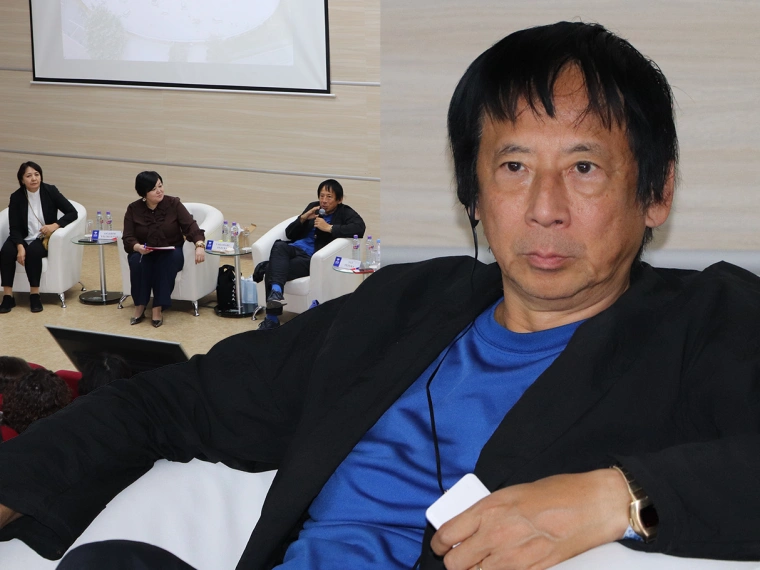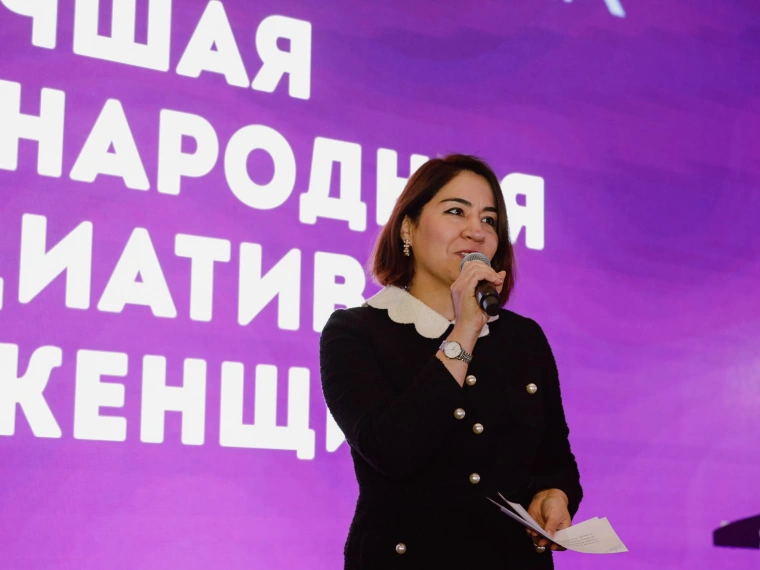
The digital path of KTZ: how technology is transforming transportation management
Railways have long been considered a symbol of stability and tradition, with systems that have operated unchanged for decades. However, the digital revolution is reshaping even the most conservative industries, and the railway sector is no exception. From artificial intelligence optimizing train schedules to cloud-based enterprise systems streamlining operations, technology is unlocking new levels of efficiency and innovation in transportation management.
At the forefront of this transformation is Asset Nurboluly, Deputy Director of the Automation and Digitalization Directorate at JSC «NC KTZ.» With extensive expertise in IT solutions for railway operations, he is driving the digital evolution of Kazakhstan’s rail network.
In this interview, Asset shares insights on the challenges and breakthroughs in digitizing railway operations, the role of AI and big data in optimizing logistics, and the skills that will define the future of IT in transportation.
From education to innovation
Asset Nurboluly began his journey by studying Computing and Software Engineering at Satpayev University. His drive for deep expertise led him to one of the UK’s top universities, the University of St Andrews, where he earned a master’s degree in Computer Science.
After completing his studies, Asset returned to Kazakhstan to apply his knowledge and contribute to the development of the national IT industry. Today, he is engaged in the digital transformation of railway transportation, implementing cutting-edge technological solutions.
What key technologies, in your opinion, will define the future of railway IT systems?
The railway industry prioritizes two key aspects: speed and safety. When it comes to speed, factors such as track conditions, dynamic scheduling, and efficient dispatching are critical. IT systems play a crucial role in optimizing these areas by enabling advanced track diagnostics, intelligent scheduling, strategic train formation, and efficient wagon utilization. These technologies help reduce train processing time at stations and minimize empty wagon runs.
Modern solutions, such as video analytics (Computer Vision), are transforming railway operations by automating processes like wagon number recognition and remote inspections. Additionally, one of the latest advancements is the use of artificial intelligence (AI) for train schedule planning, allowing systems to analyze and adapt to over 100 constantly changing variables in real time.
How do you manage to balance outdated railway systems with modern technological solutions?
Legacy systems are remarkably resilient, with some operating reliably for over 30 years to ensure stable train movement. However, evolving industry demands necessitate modernization. For example, the liberalization of transport regulations now allows private carriers access to main railway lines, creating a need for more flexible and adaptive systems. Additionally, modern analytics capabilities—absent in older systems—are essential for optimizing operations. To meet these new requirements, contemporary solutions leverage cloud infrastructure and cutting-edge technologies to enhance efficiency and adaptability in railway management.
What lessons can be learned from international railway digitalization experience?
For production systems, we draw inspiration from countries that use the 1520 mm railway gauge, such as Russia and other CIS nations. However, when it comes to corporate systems — my primary area of focus — we adopt best practices from Europe and the global market. This includes enterprise resource planning, personnel management, business analytics, and other key areas that enhance operational efficiency and decision-making.
What innovative solutions has your team implemented to improve processes at KTZ?
In the realm of corporate systems, I oversee the implementation of Enterprise Resource Planning, Human Capital Management, and Business Intelligence projects, utilizing world-class software solutions. Our approach is guided by global best practices, with a focus on minimizing custom coding to streamline deployment and reduce long-term maintenance costs.
For instance, our HR management system has automated all key HR processes for over 100,000 employees, significantly improving operational efficiency and standardization across the company.
What new projects or IT directions are you planning to develop at KTZ?
My primary focus at the moment is implementing a transformative ERP project that will significantly enhance the company’s business processes. Additionally, we are developing big data initiatives to ensure that management decisions are driven by the most comprehensive and data-rich insights available.
How will this impact company employees?
Once the ERP system is implemented, the company will gain substantial benefits, including an enhanced user experience, faster transaction processing, and greater opportunities for optimizing business processes.
What advice would you give to aspiring IT architects who want to work in the transportation industry?
This advice applies to all IT professionals, regardless of industry: continuous learning and adaptability are essential. Beyond core job responsibilities, it’s beneficial to engage in exciting and forward-thinking projects, even on a volunteer basis. This not only provides valuable experience but also fosters strategic thinking.
Employers consistently seek candidates who demonstrate the ability to think outside the box and possess experience that extends beyond their primary roles.
What key lessons did you learn from your studies, and do you have any advice for those who want to successfully enroll in a foreign university?
First and foremost, it’s crucial to excel in your studies in Kazakhstan. Foreign universities have higher academic standards, and if a student struggles here, they will likely find it even more challenging abroad.
Additionally, international education demands a high level of independent work, whereas in Kazakhstan, students often receive structured guidance and readily available resources.
To be admitted to a top foreign university, it’s essential to research requirements in advance, select multiple institutions, and systematically prepare all necessary documents. Competition is fierce, and many applicants begin their preparation 3–4 years before applying.
Beyond academic achievements, universities also value contributions to social initiatives and participation in various projects. That’s why preparation should start early rather than being left until the final year.





